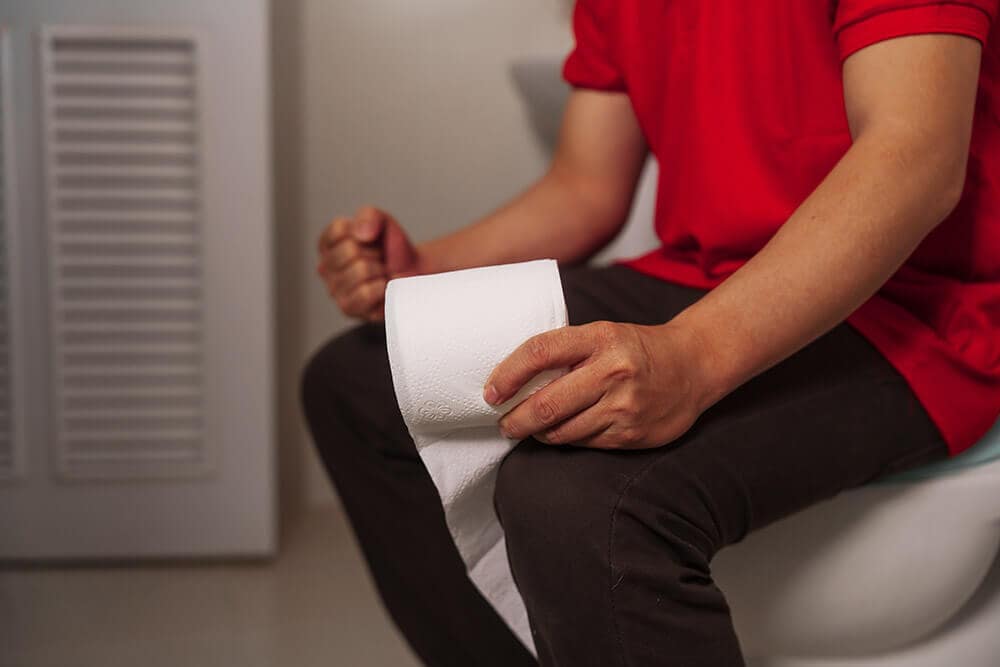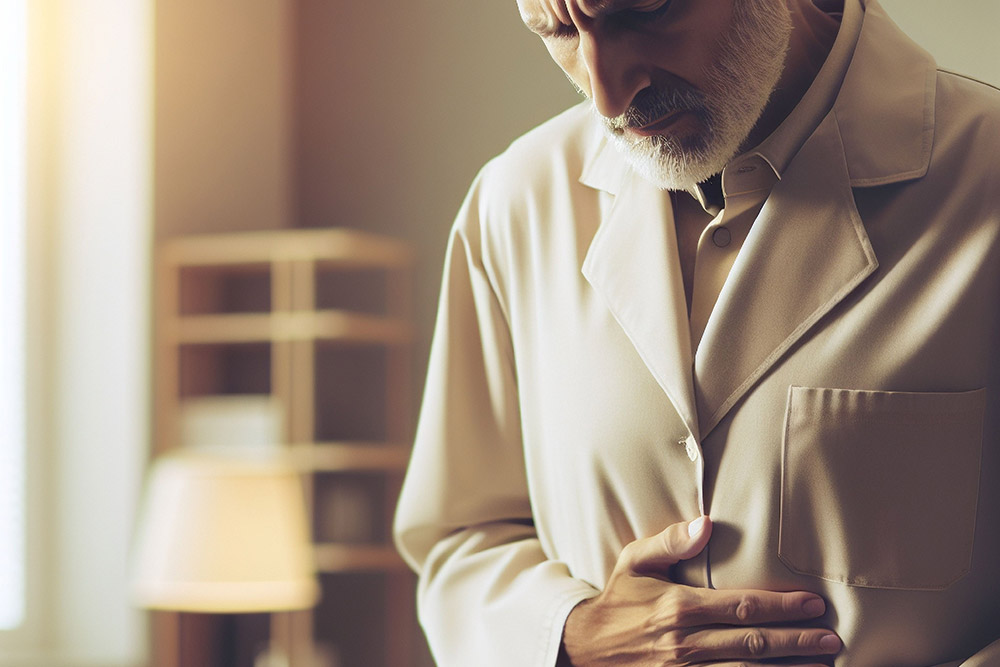What Is Primary Sclerosing Cholangitis?
Primary sclerosing cholangitis (PSC) is a chronic liver disease marked by inflammation, scarring and narrowing of the bile ducts that carry bile from the liver to the small intestine. When these ducts become blocked, bile backs up into the liver, causing tissue damage that can progress to cirrhosis. PSC is often seen in people with ulcerative colitis.
Common Causes and Risk Factors
- Immune reaction - The body's immune system mistakenly attacks its own bile ducts
- Ulcerative colitis - Up to 70% of PSC patients also have this inflammatory bowel disease
- Family history - First-degree relatives with PSC or other liver disorders raise your risk
- Age and gender - Most commonly diagnosed in men between ages 30 and 50
Signs and Symptoms
- Jaundice (yellowing of the skin and eyes)
- Itchy skin (pruritus)
- Fatigue and general weakness
- Pain or discomfort in the upper right abdomen
- Dark urine and pale or clay-colored stools
How Dr. Rishi Chadha Diagnoses Primary Sclerosing Cholangitis?
Step-by-Step Diagnostic Approach:
Medical History and Physical Exam
Dr. Chadha reviews your symptoms, medical background (including ulcerative colitis), family history, and any risk factors.
Blood Tests
We measure liver enzymes (ALP, ALT, AST) and immune markers (ANCA) to detect cholestasis and rule out other liver diseases.
MRCP Scan
A non-invasive MRI that provides detailed images of the bile ducts, highlighting areas of inflammation, strictures, or scarring.
Endoscopic Testing
- ERCP - Directly visualizes and treats bile duct blockages; stents can be placed during the procedure.
- EUS - Uses ultrasound via endoscope to assess bile duct walls and surrounding lymph nodes.
Liver Biopsy (if needed)
In select cases, a small tissue sample is taken to confirm PSC, determine disease stage, and guide treatment decisions.
Frequently Asked Questions
What are the symptoms of PSC?
Fatigue, itching, and yellowing of the skin or eyes (jaundice) are common early signs.
How is PSC different from PBC?
PSC affects both large and small bile ducts, while PBC mainly involves the small bile ducts within the liver.
Can PSC cause ulcerative colitis?
No. PSC does not cause ulcerative colitis, but many people with PSC also have ulcerative colitis.
What blood tests help find PSC?
Blood tests for liver enzymes and immune markers such as ANCA are useful in identifying PSC.
Is there a cure for PSC?
There is no cure yet, but treatments like ursodeoxycholic acid and other therapies can help slow disease progression.
How does ERCP help?
ERCP can open blocked or narrowed bile ducts and may place stents to keep them open.
When do you need a liver transplant?
A liver transplant is considered when PSC leads to liver failure or severe complications that cannot be managed otherwise.
Can diet changes help?
Yes. A healthy, low-fat diet rich in fruits and vegetables supports liver health and can reduce symptoms.
How often should I visit Dr. Chadha?
Typically every 3 to 6 months, depending on your condition and stage of PSC.
Are clinical trials available?
Yes. Ask Dr. Chadha's team about new studies and treatments you may qualify for.











